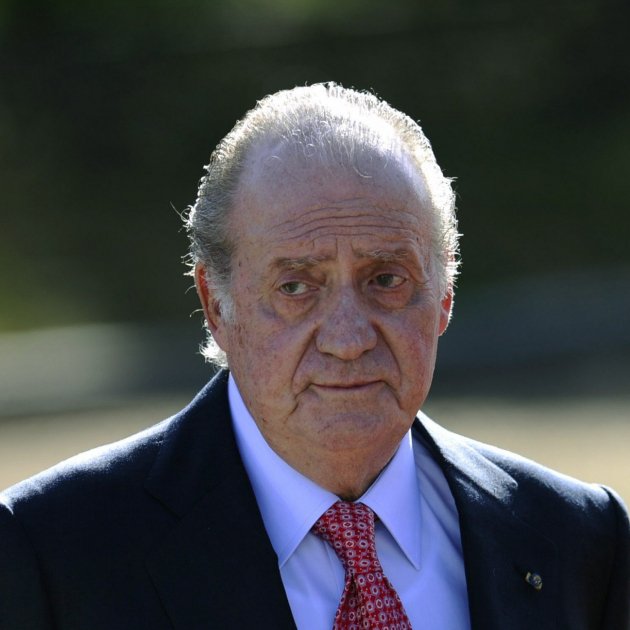Former judge José Castro, who became the first judge to prosecute a member of the royal house in Spain, has learned lessons about interfering with the royal family. This is what he demonstrated this Wednesday in an interview in which he defended that, during the investigation of the 'Nóos' case - which ended up imprisoning Iñaki Urdangarin, brother-in-law of Felipe VI, for embezzlement - he did not consider putting king Juan Carlos I in the spotlight. "I did not investigate any case against the emeritus because I had no jurisdiction. Nor did it cross my mind since I saw that inviolable was equivalent to unpunishable and I refrained from any investigation," he defended. Thus, he has made clear his position on the current inviolability that allows Juan Carlos to avoid any investigation of his person and his activities, precisely on the day that marks two years since the former Spanish head of state fled to Abu Dhabi.
He also addressed the question of whether the emeritus should now be prosecuted by some court, and his answer was also outspoken, affirming that he should be. "These days, the king could have been prosecuted, by which I mean to have proceedings opened against him." Along these lines, he recalled that the Spanish Supreme Court is empowered to take this step and investigate the king. And he didn't hold back his criticisms. "It was just incredible that the whole world stopped to give time", he lamented in an intervew on Catalunya Ràdio. "The public prosecutors, the state solicitors, the tax agency all stopped, stopped waiting for the emeritus to regularize his affairs."
On the other hand, he has no hope that the former king of Spain will end up being investigated and tried for any of the irregularities that have been put on the table in recent years. The journalist asked him if he thought the ex-monarch would die without facing justice, and the judge's answer was clear: "I thought he was unpunishable until June 2014, when he abdicated, but now I see that he continues to carry round a de facto impunity. He is not inviolable, theoretically, because he has passed the crown on to his son, but de facto he remains so." With these words, Castro has made it clear that he does not expect any Spanish court to sentence the monarch before his death.
History lesson
The judge did not stop there, and also explained in his own way why Spanish judges do not commit to investigating the Bourbon patriarch, but, on the contrary, become "courtiers". The explanation, according to Castro, is that in this way they show their gratitude to the monarch for his position after the death of Franco and during the attempted coup of 23-F. "They are saying 'look, king Juan Carlos sat on the throne to bring us democracy, how great', and they spend the rest of their lives thanking him for the services rendered, which are already more than paid for", he says, "when as well, there was no possibility for him to do otherwise". And the judge alleges that the king emeritus had no other option than to legalize opposition political parties and abandon the Franco dictatorship or ally with the coup plotters. "The king did what he had to do. He didn't have the option to turn away from that, and now he will live on the profits," he says. "He has been compensated by not paying taxes on inheritance or on the commissions he has received. In no country in the world could this happen."
